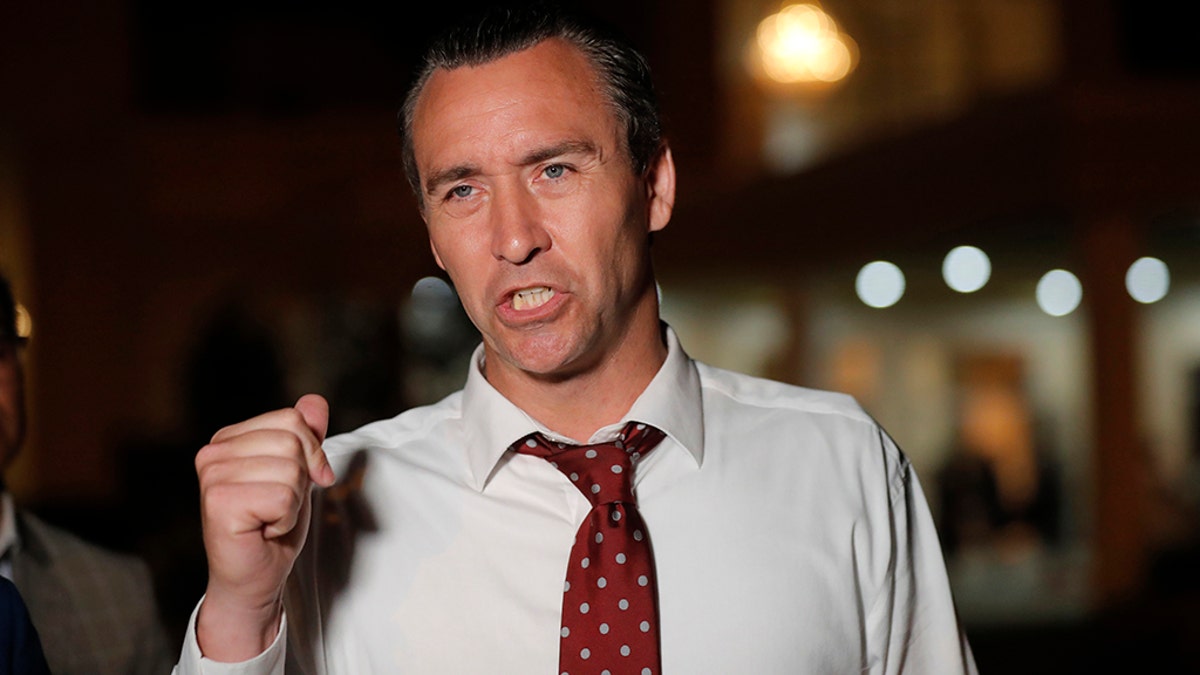Supreme Court rules against Gov. Cuomo’s coronavirus limits on houses of worship
Fox News contributor Jason Chaffetz weighs in on ‘America’s Newsroom.’
The U.S. Supreme Court late Friday rejected a petition from a Louisiana pastor who sought emergency relief from criminal charges he faced for holding services in violation of large-gathering restrictions during the coronavirus pandemic.
The pastor, Tony Spell, claimed in a Nov. 18 filing that Louisiana Gov. John Bel Edwards’ restrictions violated his First Amendment rights. Spell drew national attention after he continued to hold services in person at Life Tabernacle Church during the pandemic despite state guidelines.
LOUISIANA PASTOR SEEKS EMERGENCY RELIEF FROM CRIMINAL CHARGES FOR DEFYING BAN ON LARGE GATHERINGS
On Friday, Associate Justice Samuel Alito rejected Spell’s request without comment, Fox News’ Shannon Bream and Bill Mears reported. The justice declined to refer the case for review before the full Supreme Court.

Pastor Tony Spell speaks to media after holding an evening service at Life Tabernacle Church in Central, La., March 31, 2020. (Associated Press)
Spell faces nine criminal charges, including six misdemeanor counts for “breaking the Governor’s orders,” according to his initial filing. He was also charged with a felony for his role in an alleged confrontation with protesters.
The pastor said “no confrontation ever took place” during the incident that led to his felony charge. Spell was placed under house arrest after he refused to agree to bail terms that called for him to stop preaching at his church.
"The State has shown a shocking and unprecedented commitment to criminally prosecuting its strongest dissenter in violation of one of the First Amendment’s most precious guarantees: the right of a church, which by definition is an assembly, to decide whether to assemble or not," the filing said.
CLICK HERE TO GET THE FOX NEWS APP
Alito was assigned the case based on his jurisdiction over the 5th Circuit Court (all associate Supreme Court justices have oversight of federal circuit courts). Religious leaders in several states have asked the Supreme Court to intervene in disputes related to limits on large gatherings at houses of worship.
Earlier this week, the Supreme Court voted 5-4 to block New York Gov. Andrew Cuomo from enforcing attendance limits under his “cluster initiative,” which sought to restrict gatherings in areas where large numbers of COVID-19 cases had been detected.










































